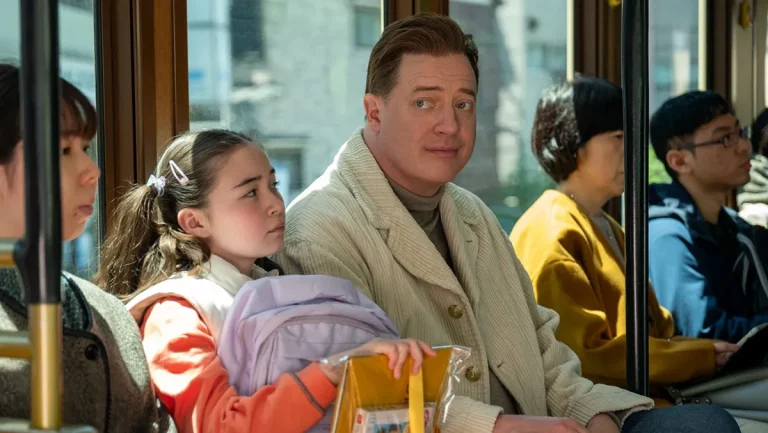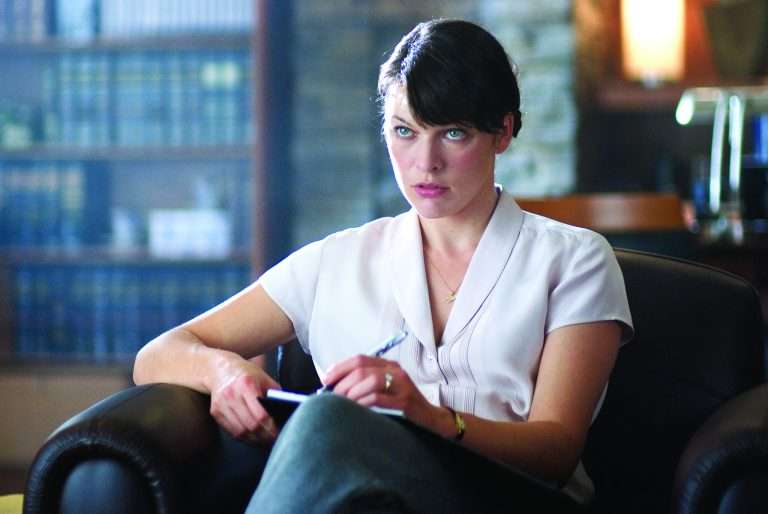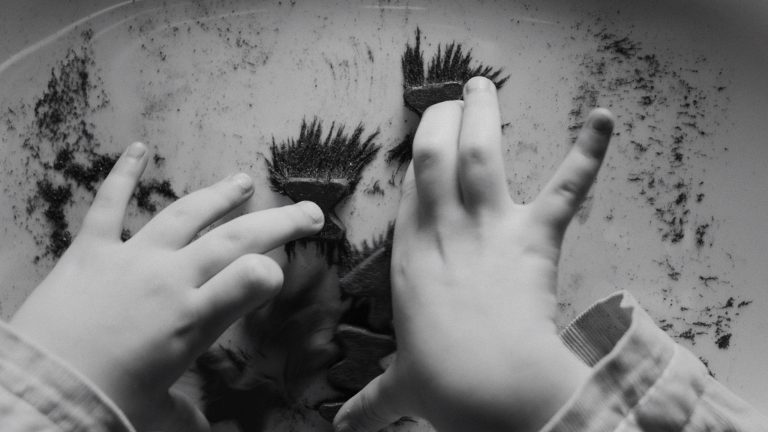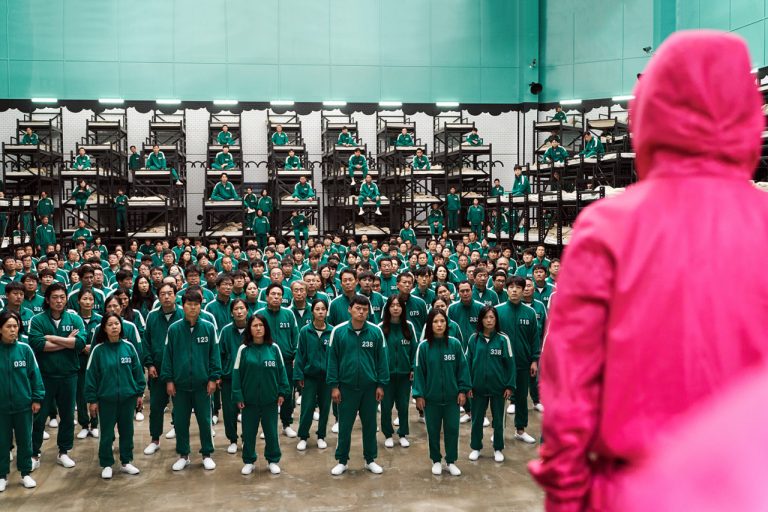Where do you go once you are suddenly confronted with the sudden, brutal threat of standing to lose your home? This is the question that haunts those that Felix Hergert and Dominik Zietlow’s “Brunaupark” bring to the fore. It’s a question inhabitants of the eponymous district in Zurich had never imagined they’d have to factor in. However, residents of the tenements don’t take the eviction threats without doling out a firm, vocal, and proactive opposition. What’s immediately focalized is the existing flats are in great condition, with many having undergone recent renovation. Then why are efforts being made to tear them down? What was the point of doing the renovation in the first place?
The film doesn’t hedge its bets or clamp down on the root of capitalist greed that drives the massive redesign project. This greed operates by its own arbitrary logic, utterly unmindful of its consequences. How many families will have to rebuild their lives from scratch, the incredible financial and emotional strain, and businesses that will have to fold up, of course, is a concern the owner has in pursuing its drastic decision.
In a key scene, one of the men points out how the new flats are way smaller in size but with a higher rent. Even the supposed flashy bit of greenery indicated in the blueprint also strikes as starkly inorganic, as opposed to the lush verdures that currently circle the buildings. All of it will be razed to make way for high rises, packing in as many tiny flats as possible. All of a sudden, shops that have done business for close to three decades are faced with evacuation. That they will have to rearrange their entire lives and trade, losing a stable relationship with customers in the precincts of a known area, is a disconcerting thought, one that you wish the film dug deeper into.
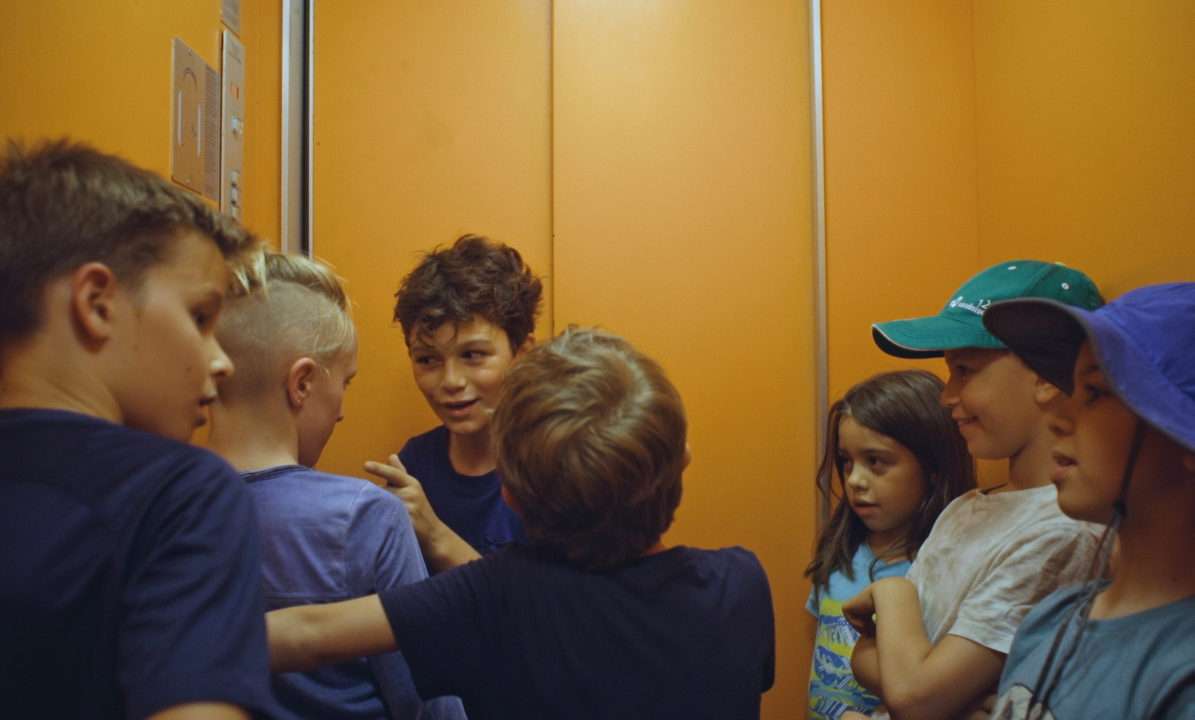
The notice letter from the owner, the Credit Suisse pension company, even purports to provide them with a recommendation to help find new housing. It couldn’t be more absurd. Frequently in the film, several people discuss the enormous difficulty of finding new housing in Zurich. Critically, the perspective of an elderly woman is suitably propped up. She repeatedly wonders if she will be pushed to a state of homelessness, acutely aware of the skyrocketing rates of new apartments in Zurich. How many can afford such rent costs? That the situation can turn so bleak she may have to put up under a bridge is a possibility she genuinely considers and reflects on. She pokes a wry suggestion that Zurich ought to build more bridges to house a rising number of the homeless if it can’t keep a decent grip on its housing affairs.
Residents also lament a past sense of community that has now disappeared. They find the new swanky cafeteria distinctively soulless, yearning for the warmth and intimacy that used to keep them tightly together. Apart from the urgent community meetings, the various residents are captured in their own discrete, individual bubbles. Often, the bright orange elevator becomes the only shared space, but words are rarely exchanged.
Strangely, however, the obvious escalating stress among the residents, thrown into the deep end as they are forced into confronting an unimaginably precarious future, doesn’t register with any palpable urgency, nor does their resolve in battling the eviction with all their combined might. So, even if an endnote may reassuringly pop up to inform us that they’ve been able to hold their ground thus far, there’s no such whiff of an emotion it manages to elicit in us. The coolly unsentimental stance of “Brunaupark” may have been a deliberate choice, but it doesn’t benefit the experience of watching the film, especially stoking an odd sense of removal between the people and the viewer instead of forging a kinship. The film also limits its scope by not tailing the many questions and fears pervading its narrative. This is a baffling omission that robs the film of its edge.



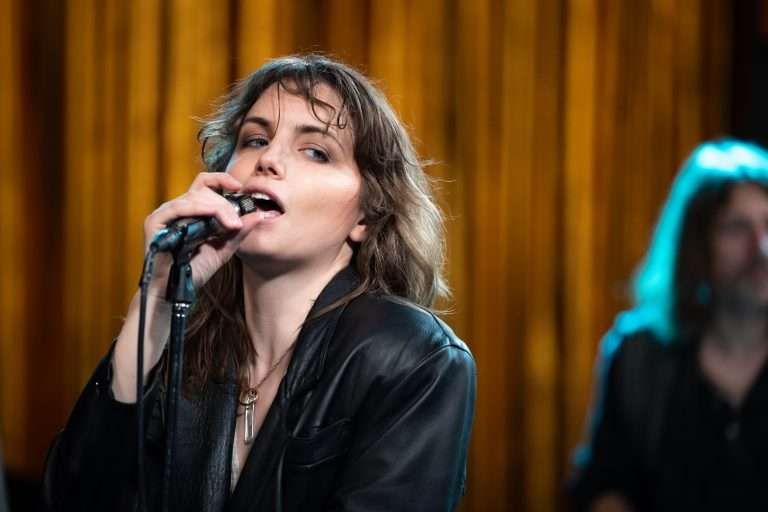
![Movie Review: Euthanizer [2018]](https://79468c92.delivery.rocketcdn.me/wp-content/uploads/2018/07/Euthanizer-768x512.jpeg)
